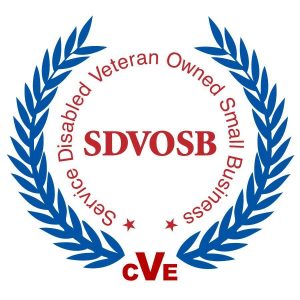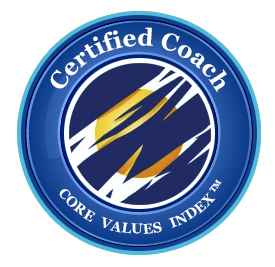
Tips Too Making Yourself More Coachable
Finding a competent and compatible coach is only half the battle. It’s also important to develop your own coachability.
If you’re like most professionals, you probably want to succeed, but you may resist coaching for reasons that you’re not even aware of. However, you can develop skills and qualities that will prepare you to accept guidance and act on it.
Learn how to become more coachable. Use this checklist to find the areas you need to work on so you can have a successful relationship with your coach.
Communication Skills:
- Listen closely. Pay attention to what your coach has to say. Look for the truth in any message instead of dismissing their perspective or trying to make excuses. Maintain eye contact and resist any urge to interrupt.
- Ask questions. Ensure you understand what your coach is telling you. Paraphrase their statements in your own words. Clarify any points you’re unsure of and ask for concrete examples.
- Take your time. Let yourself absorb information fully. Focus on responding thoughtfully rather than quickly. If a situation stirs up strong feelings, give yourself an opportunity to calm down so you can think clearly.
- Welcome feedback. Ask others for input frequently and graciously. It helps to stay in practice and have multiple viewpoints while you’re working with your coach.
- Watch your body language. Ensure that your gestures and expressions are friendly and consistent with your words. Coaches are human. It’s easier for them to fully engage with you when they feel respected and appreciated.
- Open up. Recognize that there is more than one way to approach the same goals. Consider your coach’s suggestions even when they’re different from your usual methods.
Other Skills and Qualities:
- Value learning. Are you excited about adding to your knowledge and stretching your skills? Learning is a mindset that helps you to make sounder decisions and adapt to change. It can also motivate you to persevere through the coaching process.
- Set goals. While your coach can help you to reach your goals, you need to be sure that your targets are specific and meaningful for you. Write your goals out and tell others about them so you’ll feel more accountable.
- Adjust your expectations. Do you understand the difference between coaching and consulting? A consultant is usually hired to fix a specific issue. A coach works with you to build your strengths so you can achieve the outcomes you desire.
- Cultivate gratitude. Thank your coach for the positive impact they make in your life. Putting their insights into action is also an effective way to show them that they’re making a difference.
- Be humble. Remember that your coach and anyone you meet has valuable things that they can teach you. Tame your ego so you can create productive relationships and take advantage of rewarding opportunities.
- Practice consistently. How can you take what you learn from coaching and use it to make positive changes in your work life? Develop a strategy for enhancing your performance and set specific goals for areas where you want to grow. Deliberate practice requires discipline and effort, but it pays off.
- Evaluate your progress. Self-examination is an important part of the coaching process. Reflect on the areas that you’ve already covered and what you want to do next. Enjoy discovering more about yourself and your abilities.
Being coachable is about being ready and willing to learn and grow. Unlock your potential so you can achieve greater personal and professional success. Coaching can help you to clarify your vision and leverage your strengths if you know how to use the resources your coach provides.
Written by:
The Business Transformation Coach, LLC
Copyright © 2019





